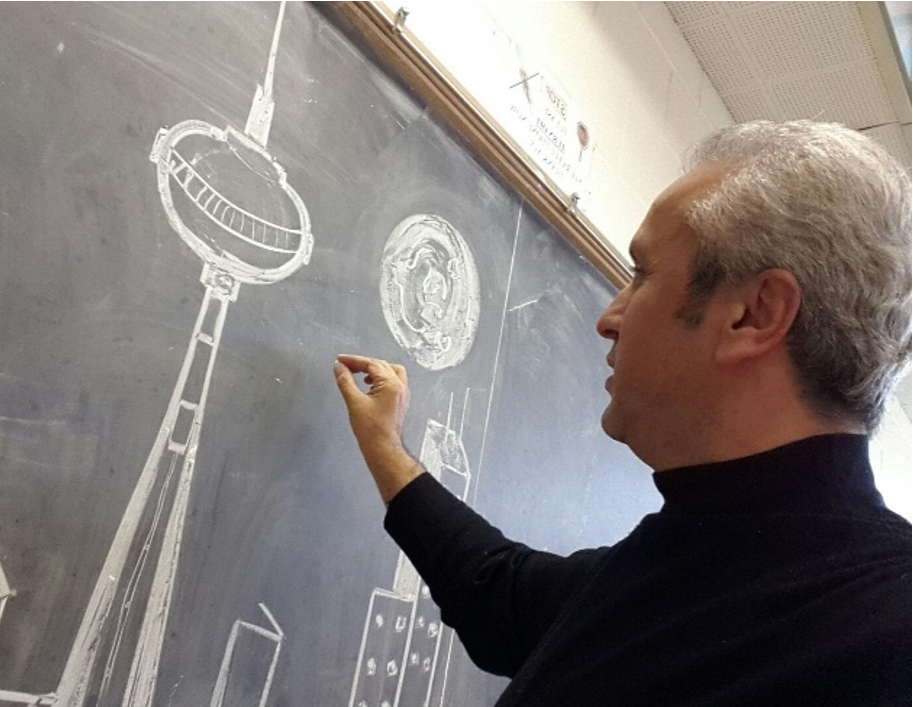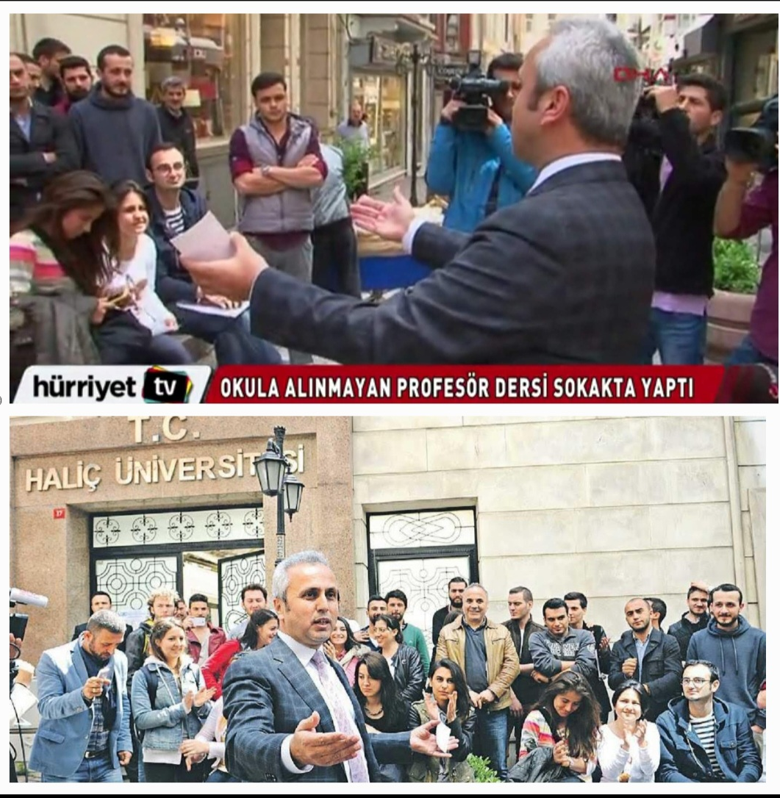Teacher’s Voice
“Do no harm” and “Don’t make things worse”

Not long ago in a fall semester, some colleagues and I noticed when students met with us about academic concerns (including plagiarism, missed assignments, unexplained absences, and poor marks), some of them would bring their parents or guardians. I also heard from a few colleagues that some students had even brought lawyers to these meetings.
In other words, when post-secondary education was about adult autonomy, some learners still needed parents and other adult figures, much like in high school and earlier grades.
Several colleagues and I asked each other, “Should we tell them we don’t deal with parents?”, and “But instead of sending parents and guardians away, can we include them?”
Some of us acknowledged the roles of significant others in our students’ success. After all, we would meet with our own college counsellors who supported students for a wide range of academic and personal issues.
We decided to brainstorm for a better handle on the situation.
“Some of our first-semester students are also first-generation students. Their parents may not have much experience with post-secondary school. I suppose parents tend to shelter their kids, not to mention some are paying their tuition”, suggested one colleague.
Someone added, “And if they’re newcomers, they may rely on their own cultural knowledge of post-secondary school.”
Another offered her take: “Many international students without family here have ‘guardians’ who feel obligated to protect their ‘charges’. Some guardians receive payments for their custodial duties.”
“Some international students may be away from home for the first time. That’s why they have guardians even if they’re adults”, someone reflected.
Soon, we let students bring parents and guardians to meetings, at least initially, toward the students’ success. We also agreed that as teachers, we’d do no harm, and not make things worse for anyone.
One colleague summarized our intentions: “We’re open, transparent, fair, and professional. We show students they can approach us if they need help.”
That semester, most students who met with us came alone, but some were accompanied by parents, guardians, older siblings, and even spouses and homestay hosts. My colleagues and I tried to include everyone toward solutions. I can even recall a few episodes from my own experience.
Mid-semester, an unhappy international student brought her uncle who was also her guardian, to ask why I wasn’t helping her. “My niece was an A student back home, but she’s doing terribly in your course”, the guardian said. “If you won’t help her, I’ll complain to the Chair, and even to the college president”, he added.
I told the guardian I was glad he’d come to me, and that I was happy to help. I explained his niece’s situation of a team project, where the whole group found collaboration very difficult. In fact, in my class, these same students were struggling with basic skills such as courtesy to others, and social skills such as respect and cooperation in a group.
What happened next was a conversation about how culturally diverse students could work better together, and how they could always ask their teachers for help. In the end, the guardian said, “At first, my niece told me you didn’t care about her, someone new in Canada. But now I know you do care. I also want to engage my niece more in family and social activities. Almost always, she studies in her room without interacting with anyone.”
I thanked the guardian for his input as we parted on a hopeful note.
Another student came mid-semester with her father when she’d failed the midterm test. He demanded justice for his daughter who “studied all the time”. I acknowledged the parent’s presence: “I can see you care a lot about your daughter’s education.”
I then turned to the student. “Do you think you and I could discuss this further? Could you email me sometime today?”
The student and her father accepted our meeting’s outcome. When she later explained she hadn’t studied enough for the test because of illness, I gave her a chance to re-write the entire test that she passed. I also hoped she could always ask me for help on her own.
At the end of the semester, a student failed a course because of plagiarism, missed work, chronic absenteeism, and poor marks on both the midterm test and final exam. Then the Chair informed me her guardians pressed for why she’d failed, when she’d “studied night and day”. The Chair asked if I would permit some make-up work for her to pass the course.
Unfortunately, even when I allowed remedial work, the student’s low grades on two tests, plus plagiarised and missed assignments, gave her very little leverage. That she didn’t try to submit work even after meeting with the Chair also put the kibosh on extra marks.
As we gained more experience with similar scenarios, some colleagues and I conducted meetings with students more methodically. Even when parents, guardians, and significant others were present, we would consistently instill self-advocacy (asking for help), self-direction (setting and meeting goals), self-regulation (managing feelings and behavior), and self-efficacy (raising expectations toward personal best).
I still credit my learning experience to the basic principles of doing no harm and not making things worse. At times, it does mean acknowledging uninvited input, but at the end of the day, teachers essentially are project leaders who need to listen, support, trouble-shoot, find solutions, keep the peace, and aim at mutually beneficial outcomes for everyone.
by Mina Wong




